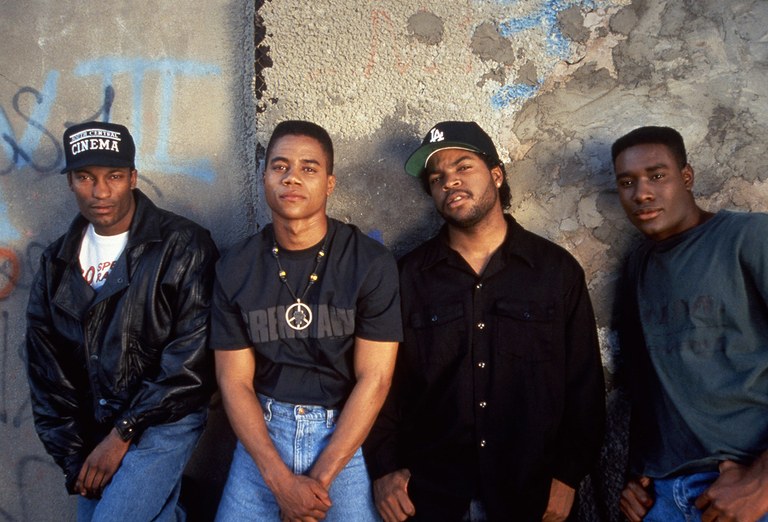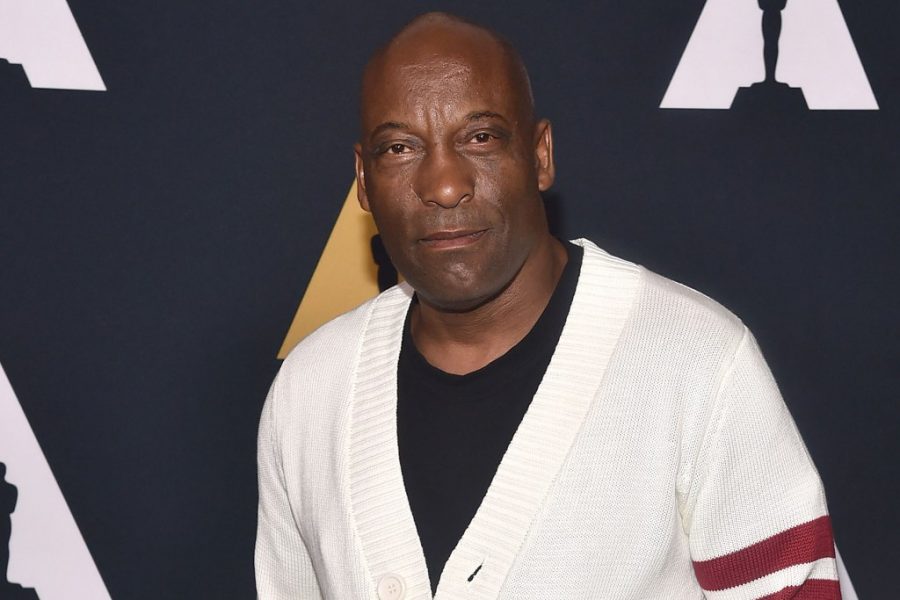Director John Singleton dies, aged 51
WSS celebrates the legacy of recently deceased director John Singleton, while also providing a starting point for students who may be interested in exploring his films.
May 1, 2019
Prolific film director John Singleton was reported dead by his family on Monday, April 29. After suffering a stroke two weeks ago and drifting into a coma soon after, his family made the decision to take him off of life support. The Academy Award-nominated director was 51 years old.
Singleton burst onto the scene in 1991 with his directorial debut, “Boyz n the Hood,” which he began working on right after he graduated from USC School of Cinema Arts in 1990. The movie opened to critical acclaim and earned Singleton a nomination for best director at the Academy Awards. He was not only the first black person to be nominated for the award but also the youngest, at age 24. The semi-autobiographical film follows three friends growing up in the crime-filled environment of South Central L.A. in the 1980s and 90s. The cast featured well-known talents such as Angela Bassett, Lawrence Fishburne and Cuba Gooding Jr. in his breakthrough role. It was also notable for launching rapper and N.W.A. member Ice Cube’s side-career as an actor. It has since garnered a reputation as a classic of modern cinema.
I’m not usually one to define a director’s legacy by a single film, but if you’re only going to watch one of John Singleton’s films, make it “Boyz n the Hood.” The reputation the film has garnered since it was released is more than warranted. Though often cited as the quintessential “Hood,” picture of the 90s, what makes the film so interesting is how it sharply critiques many of the cliches that came to be associated with the genre. None of the violence is glorified; in fact, the sparing use of it helps to raise the stakes. It’s always looming in the background. The characters are the main focus and Singleton excels on the screenplay making every one smart or at least interesting. The choice cast of actors helps. While the harsh subject matter and the fact that the word “social commentary” is often attached to the film may veer high school viewers away from watching it, the movie is great because it’s much more than those elements. Within the film are a number of humorous moments, hard tinged nostalgic moments and moments of beauty that make it seem all the more true to life. It’s truly a great piece of cinema that more people need to see.
Singleton’s post-Boyz career can be neatly divided into a couple of distinct eras. After the runaway success of his first film, he created a couple of other movies that aimed for the same level of social realism. “Poetic Justice,” starring Janet Jackson and Tupac, followed in 1993, and “Higher Learning,” an ensemble film about college life, came in 1995. He also directed the historical drama “Rosewood,” in 1997.
In 2000, when he directed the remake of the classic Blaxploitation film “Shaft,” his output veered more towards action films, of varying degrees of success including the second film in the “Fast and the Furious” franchise, “2 Fast 2 Furious.”
Though Singleton’s legacy is understandably overshadowed by “Boyz n the Hood,” he should be remembered as an iconoclastic figure in film history as well as a record breaker. In one of the closing scenes of that film, Ice Cube’s character reflects on the lack of coverage gang violence gets on the TV news. “Either they don’t know, don’t show, or don’t care about what’s going on in the hood.” This line could be interpreted as a mission statement for Singleton. With his work, he sought to break this prejudice, to show in his movies what was going on in the hood and other overlooked areas of black culture. He always fought relentlessly for representation in cinema and his passion for this is evident in his best work. New contributions from him will be sorely missed, but the work left behind will live on.







